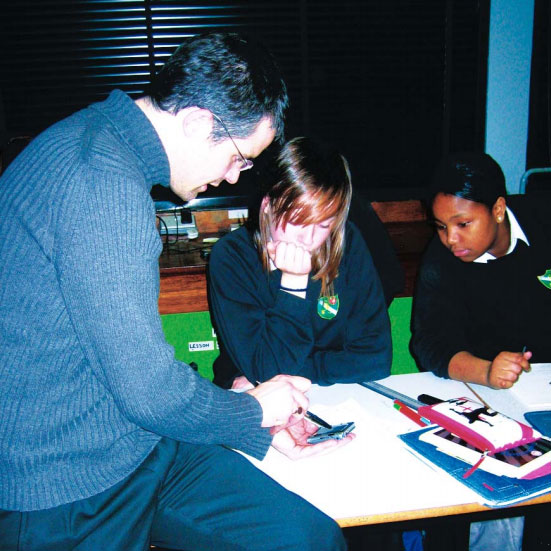
Well-trained teaching assistants are a key resource in many schools and are used very effectively. But without the proper training and supervision, teaching assistants could be doing more harm than good.
There has been a huge expansion of support staff in schools since 2005. But a new government-funded study suggests that pupils who receive help from teaching assistants are making less progress than classmates of similar ability.
Many teaching assistants are a key resource in schools. They relieve teacher workloads and can help improve class behaviour. Most are employed with specific responsibilities to work with individual children with special educational needs, providing much-needed extra support. Others are given more general classroom responsibilities.
Moreover, teaching assistants are not just part of the staff, but are part of a team. The assistance they give teachers and pupils leads to reduced teacher workloads and greater job satisfaction.
So why does a new report from the Institute of Education show that primary and secondary pupils supported by teaching assistants make less progress on average than those of similar ability, social class and gender who do not receive such assistance? In fact, the study shows the more support they receive, the fewer gains they make, which is an incredible claim.